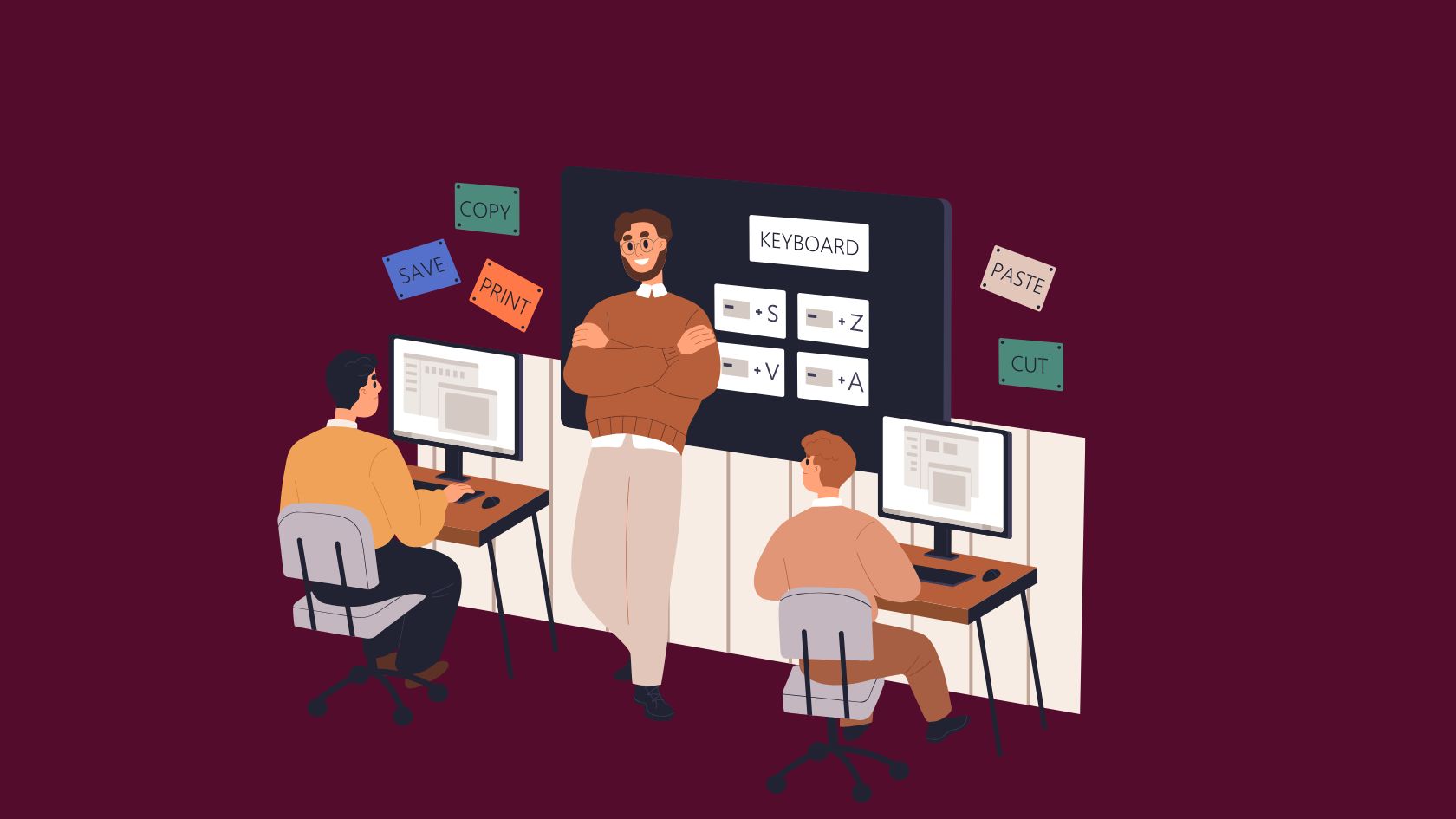Your emphasis, study style, and professional aspirations will determine whether you choose Cambridge or Edexcel A’Level Computer Science. Both exam boards provide a solid foundation in computer science, but their approaches to programming and the overall curriculum differ. Here’s a comprehensive comparison to help you decide which test board is best for programming enthusiasts.
1. Syllabus Focus
Cambridge A’Level Computer Science
- Programming Focus:
- There is a strong emphasis on programming ideas, algorithms, and computational thinking.
- It covers concepts such as procedural programming, object-oriented programming (OOP), and recursion.
- Detailed investigation of problem-solving methods and algorithm design.
- Theoretical Topics:
- It discusses the theoretical fundamentals of computer science, such as logic gates, data structures, databases, and computer architecture.
- investigates the social, ethical, and legal consequences of computing.
Edexcel A’Level Computer Science
- Programming Focus:
- Also emphasizes procedural programming, algorithms, and computational thinking.
- A stronger emphasis on the practical application of programming in real-world situations.
- Encourages the use of programming to tackle specific problems, while allowing for freedom in programming language selection.
- Theoretical Topics:
- Covers theoretical topics such as computer architecture, networking, and databases.
- The emphasis is on how computational ideas are utilized in industry and in real-world scenarios.
Key Difference:
- Cambridge dives deeper into theoretical and abstract programming concepts, including recursion and algorithm optimization.
- Edexcel emphasizes practical programming applications, with more flexibility in real-world programming scenarios.
2. Practical Programming Assessment
Cambridge
- Practical Assessment:
- Programming is evaluated as part of the broader course or project.
- Students must create a software solution utilizing a high-level language (such as Python, Java, or C++).
- Coding, testing, and software evaluation are the primary focus.
- Challenge Level:
- High-level emphasis on logic and algorithm design.
- Projects involve systematic design, debugging, and documentation.
Edexcel
- Practical Assessment:
- A coursework project that involves designing, coding, testing, and evaluating a solution to a real-world problem.
- Offers flexibility in choosing the programming language (e.g., Python, Java, VB.NET).
- Practical questions in written exams test students’ ability to write and debug code snippets.
- Challenge Level:
- Encourages creativity and application of programming to solve specific challenges.
Key Difference:
- Cambridge has a more structured approach to programming projects with an emphasis on algorithmic thinking.
- Edexcel allows more freedom in project design, emphasizing creativity and practical applications.
3. Exam Structure
Cambridge
- Paper 1: Theory fundamentals of computer science (structured questions, logic, and systems).
- Paper 2: Problem-solving and programming (algorithm design and practical programming concepts).
- Assessment Style:
- Paper 2 includes writing pseudocode or actual programming code.
- Emphasizes algorithm development and computational thinking.
Edexcel
- Paper 1: Principles of computer science (theory-heavy with some practical programming).
- Paper 2: Application of computational thinking (requires coding snippets and logic-based problem-solving).
- Assessment Style:
- Exams test both theoretical and practical skills.
- Includes questions requiring code writing and debugging.
Key Difference:
- Cambridge exams have a stronger focus on programming algorithms and pseudocode.
- Edexcel exams balance theoretical knowledge with practical programming applications.
4. Programming Language Flexibility
- Cambridge: Encourages the use of high-level programming languages like Python, Java, or C++. Students often use pseudocode for problem-solving in exams.
- Edexcel: Offers more flexibility in programming language choice, allowing schools and students to select the language they are most comfortable with.
Key Difference:
- Both boards support common programming languages, however Edexcel offers a little greater choice in language selection.
5. Real-World Applications
Cambridge:
- Focuses on educating students for academic and theoretical computing careers.
- Strong emphasis on computational thinking and algorithmic rigor, ideal for research-oriented fields and higher education.
Edexcel:
- More relevant to practical commercial applications.
- Encourages the creation of real-world solutions and project-based learning, making it perfect for technology-related employment.
6. University and Career Preparation
Cambridge:
- Students are well prepared for computer science degrees that focus on theory and algorithms, such as software engineering, artificial intelligence, and academic computing research.
Edexcel:
- Provides a practical skill set for professions in web development, app development, information systems, and applied programming.
- Promotes entrepreneurial concepts through creative project work.
7. Teaching and Learning Style
Cambridge:
- Best for students who enjoy a theoretical and analytical approach to programming.
- Focuses heavily on abstraction and problem-solving.
Edexcel:
- Suitable for students who prefer practical, hands-on applications of programming.
- Encourages creativity in coding projects.
Which Is Better for Programming?
Choose Cambridge if:
- You enjoy theoretical programming concepts, algorithms, and computational thinking.
- You are preparing for a university course or career in software engineering, AI, or theoretical computer science.
- You want a deeper understanding of programming logic and abstraction.
Choose Edexcel if:
- You prefer practical, real-world programming applications.
- You are interested in solving industry-related problems and creating innovative projects.
- You value flexibility in programming language choices and project design.
Both Cambridge and Edexcel A’Level Computer Science offer solid programming foundations. Cambridge is excellent for those who enjoy theoretical concepts and academic rigor, whereas Edexcel is better for those who prefer hands-on programming and real-world applications. Consider your study style, professional aspirations, and university requirements while making your decision.




